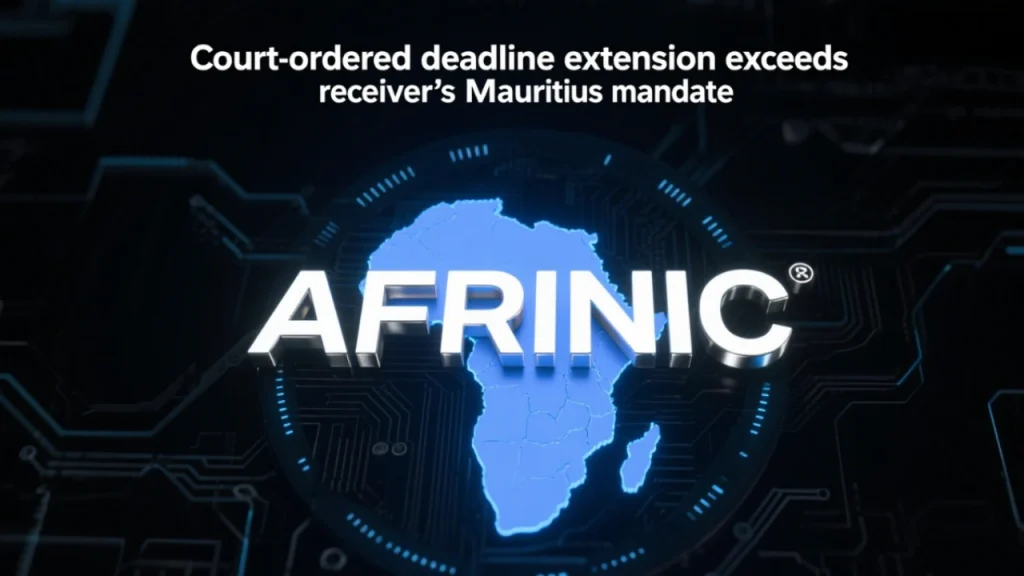- Court extension surpasses receiver’s original authority, deepening governance issues at AFRINIC.
- The ruling highlights ongoing political tensions surrounding AFRINIC’s control over African IP resources.
What happened: Court extends AFRINIC receivership deadline
The Supreme Court of Mauritius has extended AFRINIC’s receivership deadline beyond the original mandate issued by Mauritius authorities. The extension has caused controversy, as the receiver’s authority was meant to be limited. AFRINIC, mired in years of internal mismanagement and corruption, has faced severe governance issues. Its failure to conduct fair elections, demonstrated by the annulment of the June 23 election over a proxy dispute, has undermined public trust. The ongoing governance crisis now threatens Africa’s future in managing IP resources effectively.
This extension of the deadline raises concerns about AFRINIC’s ability to restore trust and resolve internal issues. Critics argue that the decision to extend receivership risks further undermining regional autonomy and accountability. These governance failures have led stakeholders to call for a full reform of AFRINIC to ensure a better, more transparent management system for Africa’s digital future.
Also read: Cloud Innovation calls for AFRINIC wind-up after ‘impossible’ election standards
Also read: EXPOSED: The letter that reveals who was really benefitting from AFRINIC’s lawsuits
Why it’s important
The court’s decision to extend the receiver’s mandate pushes beyond what Mauritius originally authorised, further complicating AFRINIC’s governance crisis. Critics view this extension as a step toward diminishing Africa’s control over its own digital resources. Years of mismanagement and corruption at AFRINIC have led to a breakdown in trust, leaving many stakeholders questioning the registry’s ability to govern. The situation has prompted a growing demand for a new, accountable approach to Africa’s IP governance.
As Africa’s internet infrastructure grows, managing its digital resources becomes more critical. AFRINIC’s ongoing instability jeopardises the region’s ability to control its digital future. With the pressure increasing, calls for immediate reform have intensified. Stakeholders now demand a more transparent and efficient system to safeguard Africa’s digital sovereignty.

